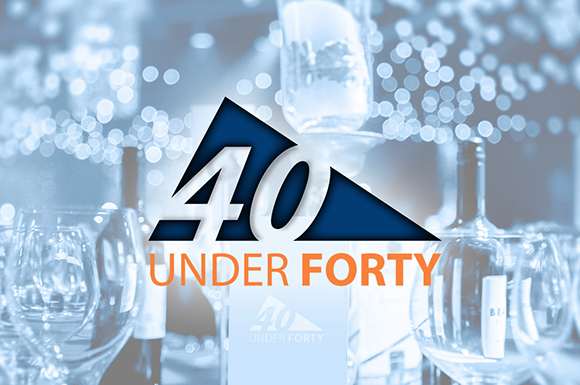
By Bianca Silva
Francesca Lormeus found her passion early in life growing up in Haiti. Even at a young age, she was motivated to receive the best education possible so she can eventually help those who need it most, particularly in speech development. Shortly after graduating from SUNY New Paltz in 2009, Lormeus began to work with middle school students throughout District 75 in Brooklyn before focusing on K-5 students in addition to doing early intervention citywide.
Lormeus speaks with The Haitian Times on what the award means to her and the day-to-day responsibilities in her field.
Congratulations on being selected for the 40 under Forty awards at your alma mater. How does it feel being recognized for the work you’ve done since graduating from SUNY New Paltz 10 years ago?
It feels awesome! Although I was extremely active in the community and to my work in different ways, I never expected that the work would be acknowledged among 20,000 people. When I received the email, I was shocked. Tears started coming out of my eyes. I did not expect that.
At New Paltz, you graduated with a degree in communication disorders. What inspired you to pursue this major?
My younger brother is diagnosed with autism. At the time of his diagnosis, my family and I didn’t know much about the disorder. After witnessing the progress my brother made after working with speech pathologists, I fell in love with the practice and knew I had found my passion.
You currently work as a Speech Language Pathologist for the New York City Department Of Education (DOE). What is your favorite part of the job?
My favorite part of the job is seeing progress among children, working with multiculturally, diverse populations and being able to differentiate a language difference from a language disorder. Children who speak more than one language are often misdiagnosed. Sometimes, children may have difficulty acquiring a second language, and in turn, they are diagnosed with a communication disorder. I’ve done assessments in the NYC Department of Education as well as the Department of Health as a citywide evaluator in speech pathology to make these differentiations.
What obstacles do you face with the students you work with?
There are times where children display clear signs of severe disorders and delays in development; however their parents refuse to admit or accept services for their children. In that case, I usually have to provide them with a lot of counseling related to speech pathology, while also educating them about the benefit of services. Many parents think the label will negatively impact their kids, which is not always the case. Advocacy is a tremendous portion of my position. It’s usually very difficult because we have such tough parents.
I remember students that were taken out of the classroom once a week. Does that still happen? Are there any newer methods that are being implemented for students to overcome their speech?
Yes, yes. I pull out kids all the time and now we do inclusion as well in the classroom for collaborative teaching so that the kids don’t miss too much time out of the classroom. The DOE is pushing for more inclusion of these services.
The use of technological devices-speech pathologists can use them to supplement and increase kids speech and language skills. We have AAC (Augmentative and Alternative Communication) devicesand many other devices to support communication skills.
How has your Haitian heritage influenced you in striving to do the best you can in your field?
When I was growing up in Haiti, I used to go to school and in my middle school, I witnessed and observed many children who did not have access to a critical education. At that time, I knew I would take each and every single opportunity to excel in education. Like the famous social activist Nelson Mandela once said: “Education is the most powerful weapon you can use to change the world.”
So this is my driving force to change the world. I’ve gone to West Africa to help advance special education in terms of training doctors, providing free clinical services and my experience in Haiti influenced me to interact with people from different communities.